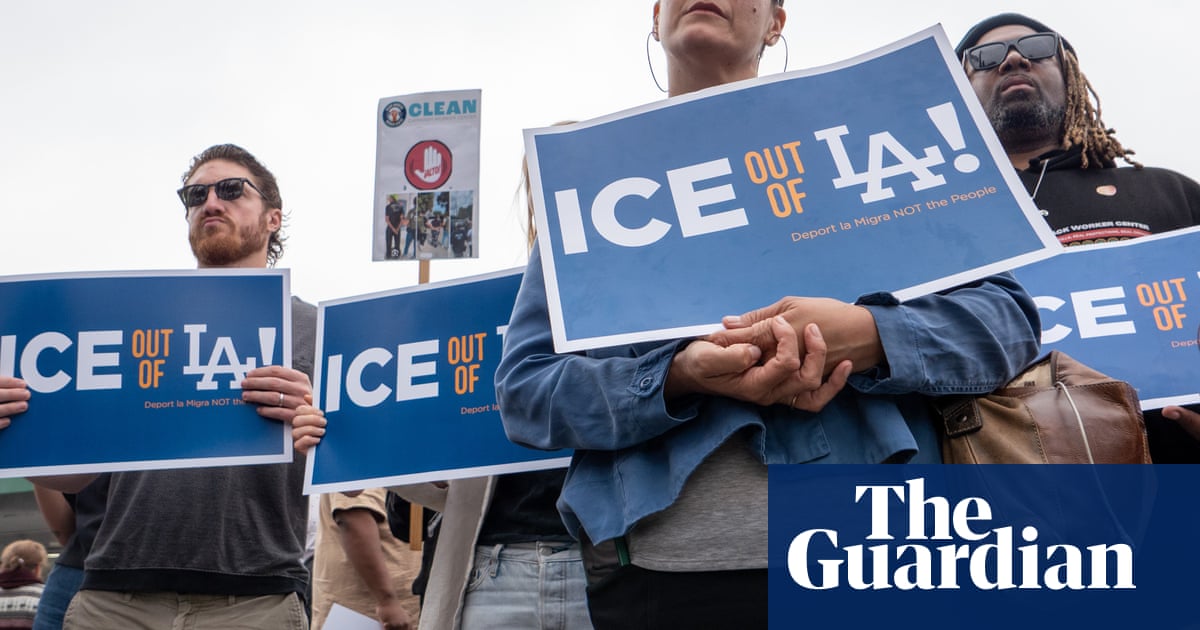As federal agents launched immigration raids in Los Angeles, distressing conditions emerged for detained families, including young children. According to lawyers from the Immigrant Defenders Law Center (ImmDef), one family with three kids, the youngest just three years old, was held in a basement office for 48 hours without adequate food and water. They received only a snack bag for a whole day, and on the second day, were given one bottle of water to share.
Yliana Johansen-Méndez, chief program officer at ImmDef, pointed out that facilities were ill-prepared for families. Initially, families were kept in a cramped area designed mainly for men. Afterward, some were moved to makeshift tents with no bedding or showers.
These families were later transferred to the South Texas Family Residential Center in Dilley, Texas, a facility repurposed during the Trump administration to hold families. Many lawyers had trouble communicating with the detained immigrants due to the tight restrictions imposed amid widespread protests following the arrests.
The Department of Homeland Security (DHS) reported 118 arrests during the recent raids. Groups like ImmDef compiled lists showing many more individuals apprehended, raising questions about the transparency of the process. Federal agents blocked access for lawyers and family members attempting to get information or provide assistance to those arrested.
Conditions worsened in overcrowded detention facilities. Individuals reported late meals, lack of blankets, and insufficient medical care. One attorney noted that a client’s health sharply declined after going without medication for three days.
Recent studies indicate that over 400,000 individuals were detained in the U.S. migration system as of last year, highlighting a trend where families frequently face anxiety over sudden detentions. In fact, these raids are often met with community pushback. For example, social media has become a platform for advocacy, with hashtags like #DefundICE trending as people oppose the agencies’ actions.
While California leaders protested the federal actions, the sweeping measures reflect a significant shift in immigration enforcement. Historically, raids like these intensified during periods of political unrest, echoing similar tactics seen in past administrations. This creates fear among immigrant communities and raises concerns about civil rights.
Johansen-Méndez expressed concerns about potential racial profiling during the raids. The involvement of Customs and Border Protection agents—a branch with powers extending 100 miles from the border—added complexity. Some suggest that officials view the entire coastline as a potential border, leading to a wider net of apprehensions.
In summary, the recent immigration raids in Los Angeles have drawn scrutiny for their severe impact on families and individuals caught in a challenging system. As legal advocates struggle to connect with detained immigrants, the conversation about immigration policy and enforcement continues to evolve.
Source link










/static.texastribune.org/media/files/f7b4af74a5927b63bdc379e2f08ff090/Redistricting%20maps%20MGO%20TT%2001.jpg?w=480&resize=480,480&ssl=1)










